“Why won’t you understand that I’m trying to help?”
“How many times do I have to repeat myself?”
“Why do you insist on doing things your way and risk your safety?”
“Why won’t you take your medication?”
Have you ever found yourself saying these things to an elderly loved one? If yes, read on…
Embracing Patience: The Heart of Elderly Care
Patience is a virtue often tested when caring for both young children and older adults. Both can be fiercely independent and exhibit stubbornness. They challenge our composure in public and test our ability to stay calm. Developing patience helps us navigate these moments with empathy and understanding. As the primary caretaker for my bedridden mother, I know firsthand how challenging this role can be. The awareness of their vulnerability and helplessness adds an extra layer of responsibility. One moment of anger can lead to verbal or physical abuse.
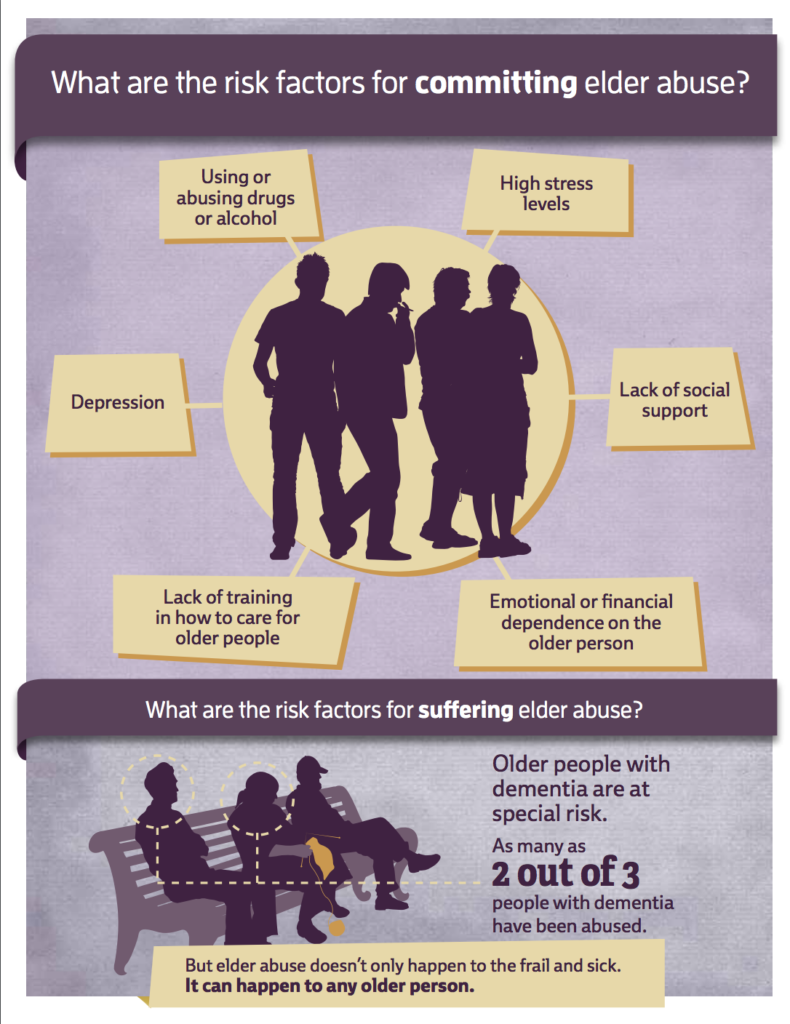
Understanding the Elderly Experience
Aging comes with a loss of independence, physical limitations, cognitive decline, and the loss of loved ones. Organs begin to lose their function, the brain starts to deteriorate, and memory issues become prevalent. This can be incredibly frustrating for elders, leading to feelings of helplessness and isolation. These frustrations can manifest as crankiness, aggression, or depression. It’s crucial to remember these behaviors don’t stem from a desire to make things difficult; they’re a symptom of their situation.
This is not the time to seek revenge for past grievances. Instead, let’s rise above and be the bigger person. By showing compassion and understanding, we can support our elders through their challenges and create a more caring environment for them.
Combating Elder Abuse: A Shared Responsibility
World Elder Abuse Awareness Day, celebrated on June 15th, aims to bring global attention to the abuse and neglect faced by many older people which often goes unreported. By raising awareness, we can help ensure that our seniors live with dignity, security, and care. Abusing our elders is not only morally wrong but also undermines the fabric of our society. We owe it to our elders to treat them with kindness and respect, remembering that they once took care of us and deserve our compassion in their later years.
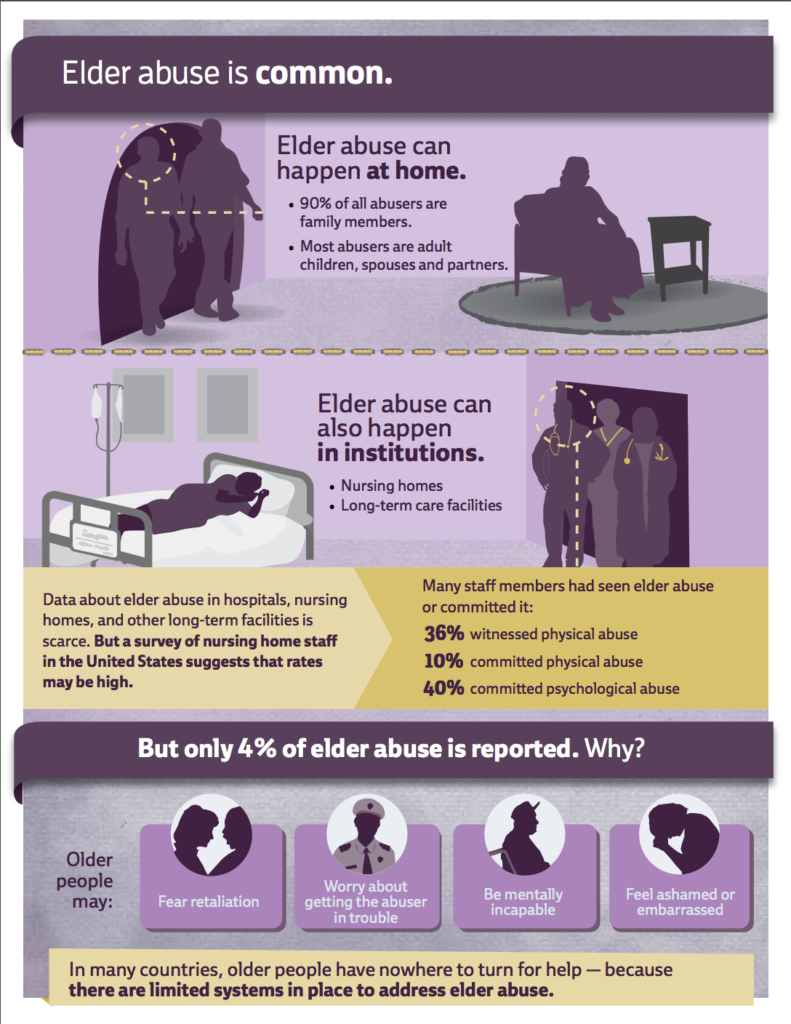
Recognizing the Signs of Abuse
Physical Abuse: involves causing physical harm or injury to an elder. For instance, an elderly person might be pushed, beaten, slapped, or physically restrained by a family member or caregiver. Physical neglect, such as not providing necessary medical care, is also abuse.
Emotional Abuse: includes verbal assaults, threats, harassment, or isolation. It could be constant belittling, making the elder feel unwanted, or being ignored and isolated from family gatherings or decisions. For example, an elderly woman who is repeatedly told she is a burden will fall into severe depression and anxiety.
Financial Abuse: involves the illegal or improper use of an elder’s money, assets, or property. This can include children or relatives coercing elderly parents into signing over property and then being left out on the streets. Another common scenario is withdrawing large sums of money from their bank accounts, or unauthorized use of an elder’s ATM card or pension by family members.
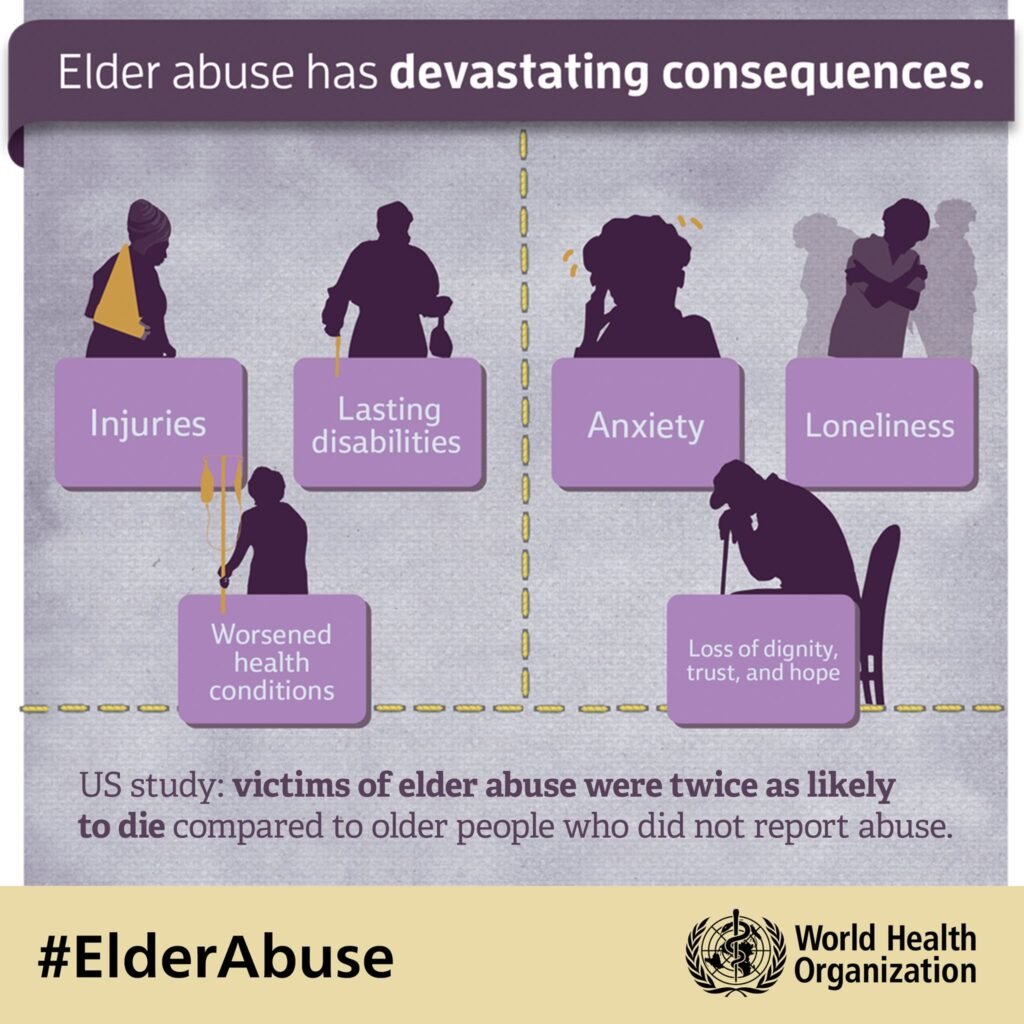
The Reality of Elder Abuse in India
In India, distressing narratives of elder mistreatment often come to light, shedding light on alarming realities. Elderly parents are sometimes locked out of their own homes or left indoors with scant provisions while their families embark on vacations. Instances of physical assault by family members, stemming from old rivalries or unresolved conflicts, add to the grim picture. Some elders are taken to bustling events or festivals to be abandoned, as their children struggle to cope with their care needs.
Tragically, hundreds of seniors are discovered on the streets, disoriented and abandoned by their families, unable to recall their addresses. In cases of terminal illness, elders are sometimes left at old age centres, neglected and unvisited, as their children claim a lack of time or resources to attend to them. These stories serve as poignant reminders of the challenges many elders confront, emphasizing the critical need for elder care and protection.
While these stories spotlight significant issues, they do not represent the entirety of India, and addressing them demands empathy and urgency.
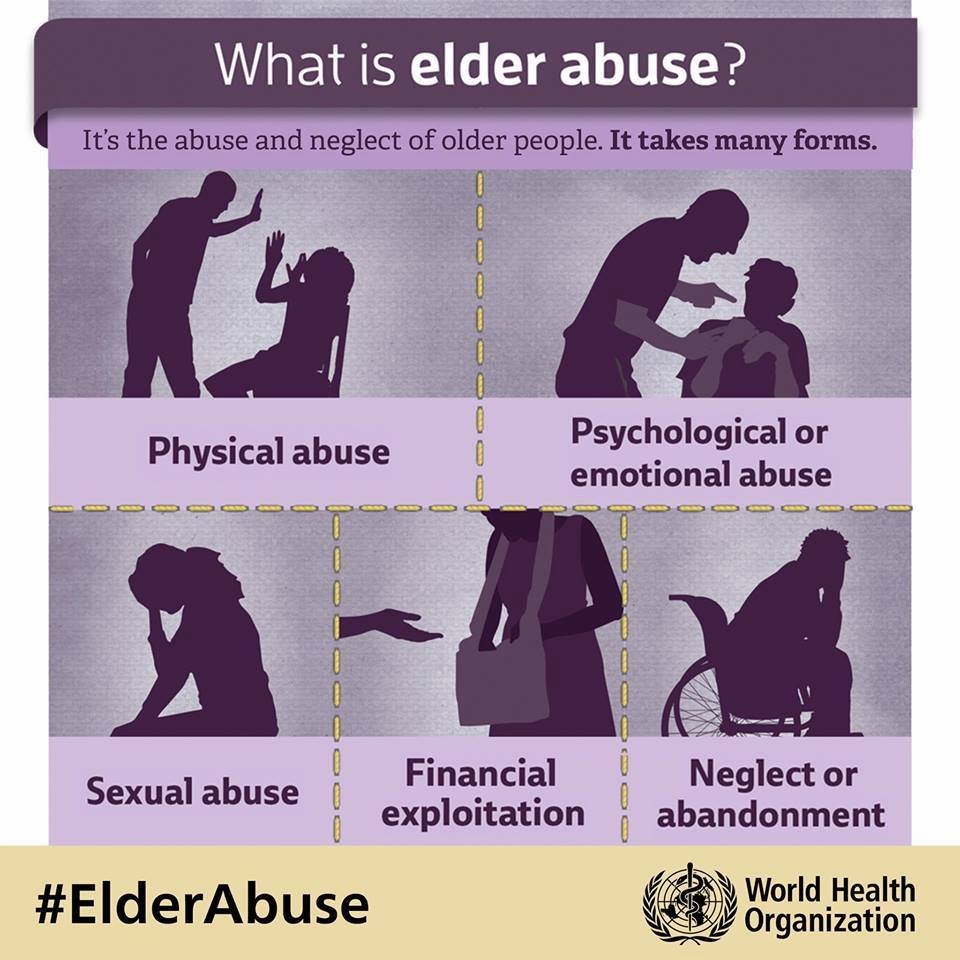
Supporting Resources for Elder Abuse Victims
Be aware of the following signs that may indicate elder abuse:
- Unexplained injuries or bruises
- Withdrawal from social activities
- Depression or anxiety
- Fear of a family member or caregiver
- Missing money or valuables
If you suspect elder abuse, there are resources available to help.
- HelpAge India: A non-profit organization dedicated to serving the elderly. They provide helplines, counselling, and legal aid for elder abuse victims, alongside advocacy and awareness programs.
- Silver Innings: A social enterprise promoting elder rights and well-being. They offer counselling, helplines, and workshops for caregivers and elders facing abuse or neglect.
- National Elder Helpline (NEH): Established by the Ministry of Social Justice and Empowerment, this helpline provides assistance and support to elderly individuals facing abuse, neglect, or exploitation.
- Elders Helpline (1090): Some states in India have established these helplines to address elder abuse issues and provide support to victims and caregivers.
Local NGOs and Community Centres: Many local NGOs and community centres offer support services, including counselling, legal aid, and shelter, to elder abuse victims and caregivers.
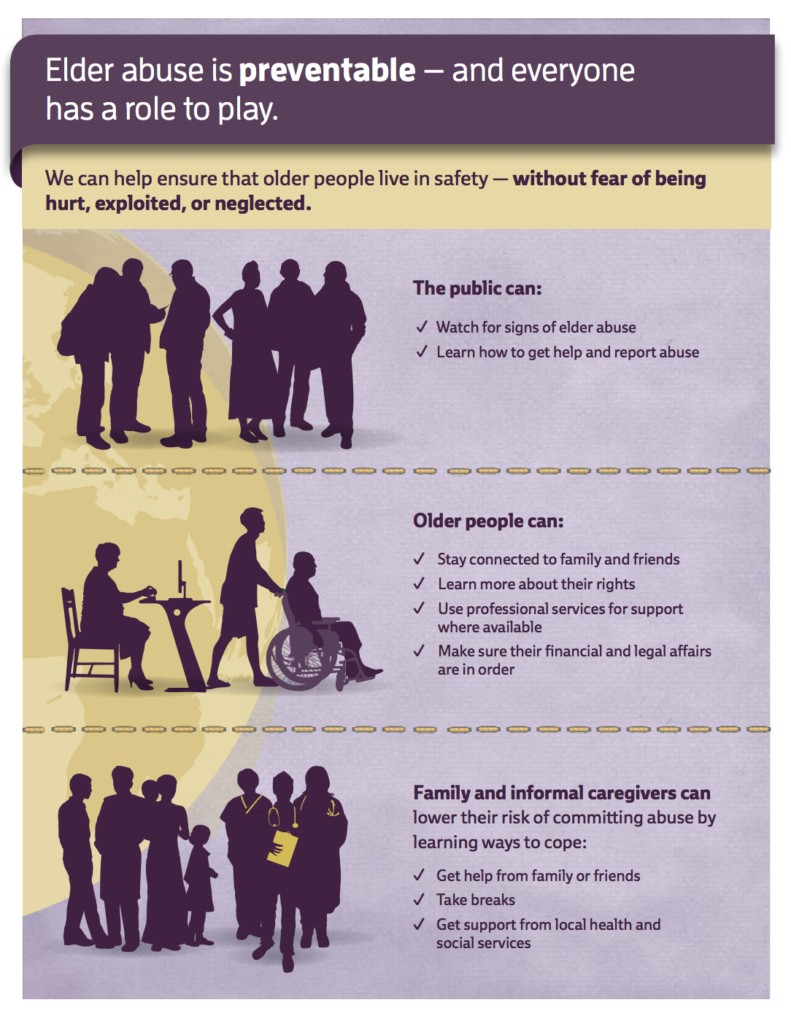
The Caregiver’s Journey: A Balance of Patience and Strength
If you are a primary caregiver for an elderly person, I understand your journey. As caregivers, we embark on a journey that challenges our patience, resilience, and emotional fortitude. It’s natural to encounter moments of difficulty along the way. What truly matters is our unwavering commitment to extend compassion, understanding, and love — both to the elders we care for and to ourselves.
Let’s Take a Stand Together!
From volunteering to speaking out against abuse, every action matters. Together, let’s ensure our elders live with dignity and security. Stand up against elder abuse and be the voice of change!

By Deepa Perumal
Deepa Perumal is a Management professional, and a passionate advocate for women’s empowerment. As a career mentor, entrepreneur, and multilingual author, she shares her insights through blogging and writing features on history, world cultures, travelogues and memoirs. Contact her at deepabperumal@gmail.com





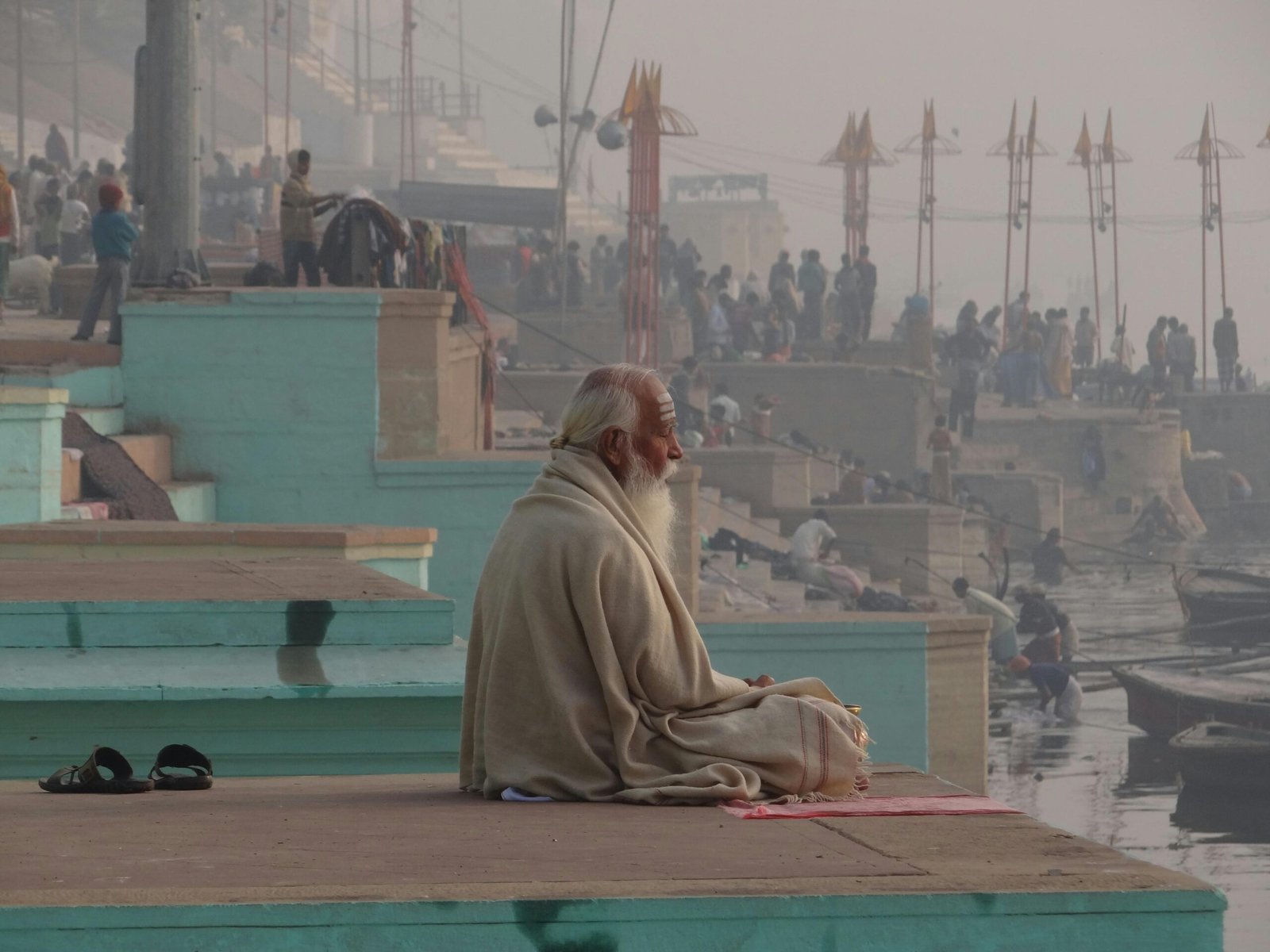


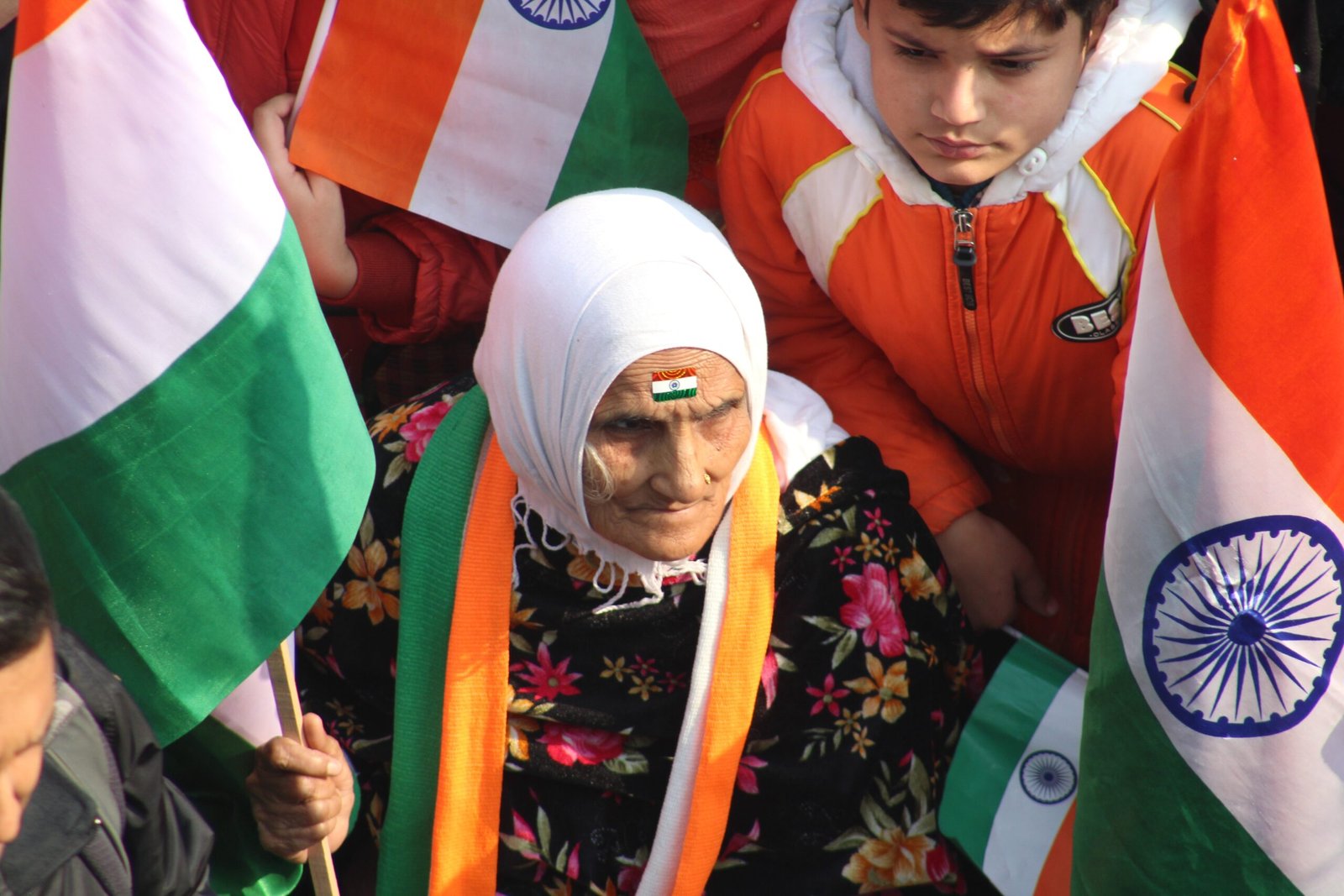





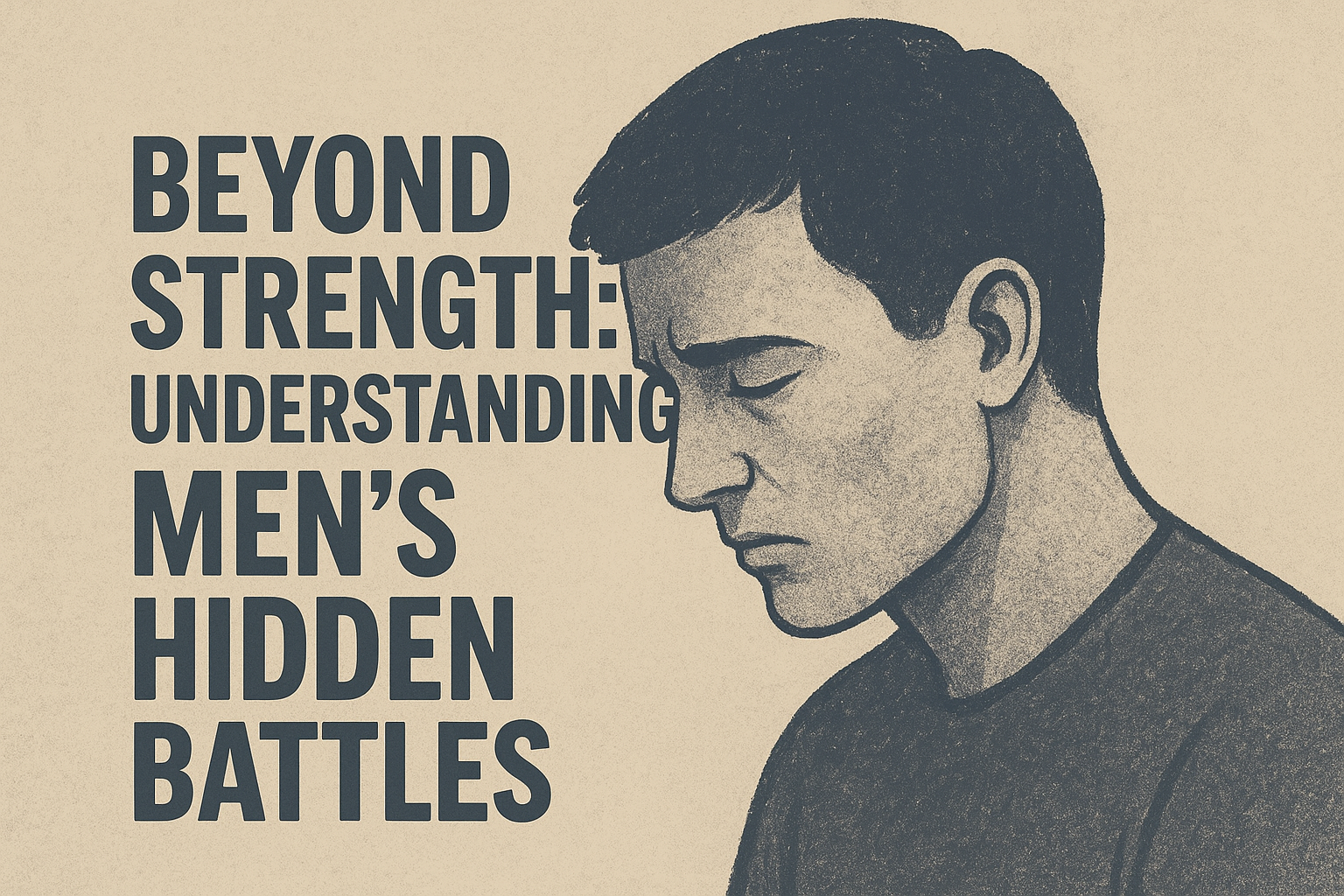
One Response
Very true and well written. All aspects covered to the minutest detail.